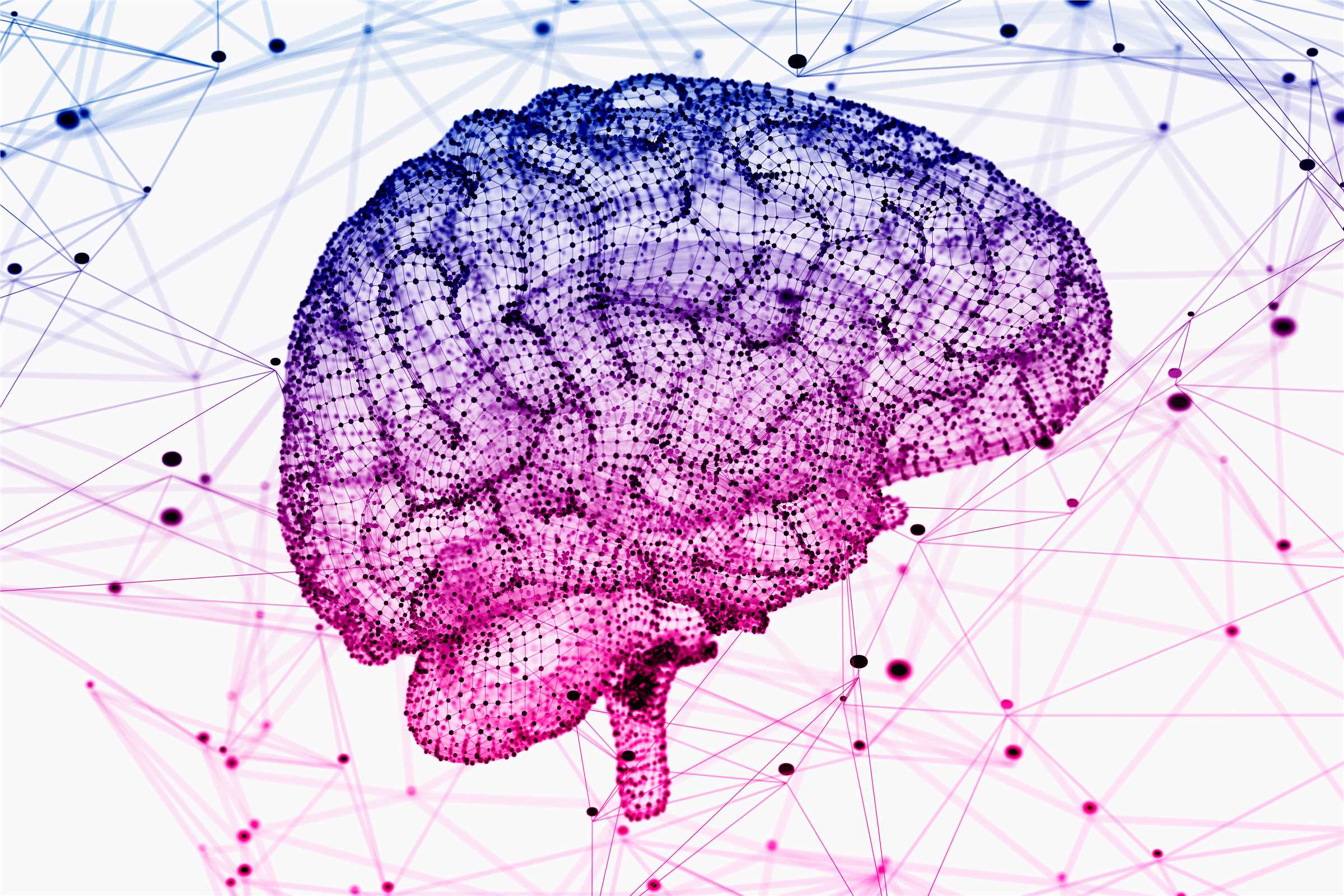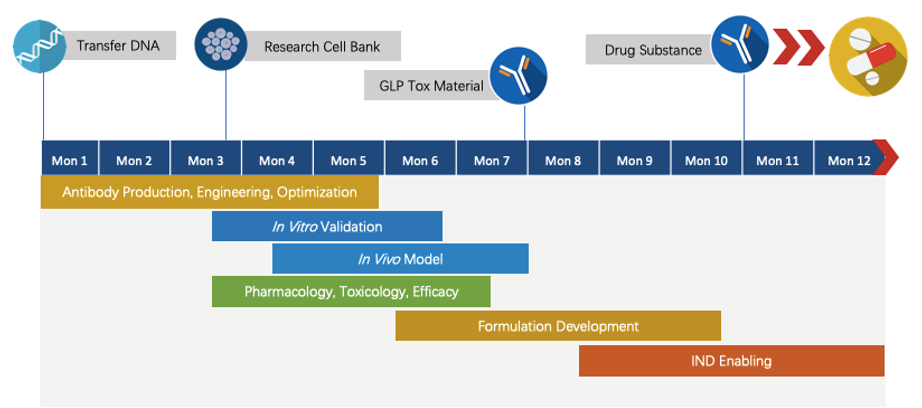This program is to develop therapeutic monoclonal antibody against the novel target – FGL2 (Fibrinogen-like
Protein 2). The highlight feature of this program is that the potential therapeutic target, FGL2, was identified
as a CNS tumor suppressor.
Fibrinogen-like Protein 2 (FGL2)
FGL2, a member of the fibrinogen superfamily, can be expressed either as a membrane-associated protein with
coagulation activity, or in a secreted form with unique immune suppressive functions. It is identified not
only as a disease marker, but also the therapeutic target. Previous studies have shown that FGL2 promotes
tumorigenesis and metastasis in mice models, and can function as an immune suppressive modulator in CNS
tumor-glioblastoma multiform (GMB).
Here are highlight features of FGL2.
-
FGL2 is highly expressed in primary glioblastoma cells and associated with poor prognosis in glioma
patients;
-
FGL2 knockout in-tumor cells completely impairs GBM progression in immune competent mice models;
-
FGL2 promotes CNS tumor progression by suppressing CD103+ dendritic cell differentiation;
-
Low level of FGL2 expression with concurrent high granulocyte-macrophage colony-stimulating factor
(GM-CSF) expression are associated with longer survival rate.
All of these points provide a rationale for therapeutic inhibition role of FGL2 in CNS tumors. Using this relation, our program is to develop a therapeutic antibody that inhibits FGL2, thereby inhibiting tumor progression in CNS.

Published Data
• FGL2 mediates immunosuppression in tumor microenvironment.
• FGL2 knockout in tumor cells inhibits tumor progression.
 Fig.2 FGL2 knockout in tumor cells inhibits tumor progression.1
Fig.2 FGL2 knockout in tumor cells inhibits tumor progression.1
• Low expression level of FGL2 and high expression level of GM-CSF are associated with better survival rate
in GBM patients.
 Fig.3 The expression level of FGL2 and GM-CSF in GBM patients.1
Fig.3 The expression level of FGL2 and GM-CSF in GBM patients.1
• Anti-FGL2 antibody induces changes on immunosuppression phenotype, and promotes survival in tumor-bearing
mice.
Glioblastoma Multiform (GBM)
GBM is one of the most deadly cancers because of its aggressive growth in cancer cells, poor immunogenicity and invasion of surrounding tissues. It is formed by the most malignant gliomas among other astrocytic tumors, and according to WHO, it is graded as IV. 70% - 80% . This means that most patients with GBM only survive about 3-6 months, while only 10% of the patients can survive more than 1 year.
• The survival rate of GBM patients is severe.
Previous studies have shown that FGL2 knockout in tumor cells can induce active adaptive immune responses,
which result in tumor suppression in various brain tumor model systems - GL261, DBT, and LLC. (see
published data)
Clinical Trials under Progress
• There are currently no clinical trials investigating the FGL2 target for the treatment of GBM. Only 3 studies have been selected, while their focus are on chronic hepatitis C infection, and liver transplantation. Our program will be a pioneer in this field.
• As a novel target, FGL2 will be a shining star and propose certain marketing prospect in the future. The
therapeutic anti-FGL2 discovery will focus on monoclonal anti-FGL2 antibody to block the GBM tumor
progression function.
Creative Biolabs is looking for potential partners to gain collaboration opportunities to develop anti-FGL2 antibody program. We offer global strategies and trusted partnerships with partners all over the world. Guided by our advanced business strategies, we are dedicated to making drug discovery and development programs the most effective through a collection of efforts. Our rich experience and streamlined management enable us to successfully develop the therapeutic candidate in immuno-oncology field. With our skills and expertise, We believe our Next-IOTM programs can advance your research/project.
If you are interested in our programs (not limited to GBM and FGL2, but also other indications and targets you are interested), please feel free to contact us for more details.




 Fig.2 FGL2 knockout in tumor cells inhibits tumor progression.1
Fig.2 FGL2 knockout in tumor cells inhibits tumor progression.1
 Fig.3 The expression level of FGL2 and GM-CSF in GBM patients.1
Fig.3 The expression level of FGL2 and GM-CSF in GBM patients.1

 Fig.4 The timeline of Next-IO™ programs.
Fig.4 The timeline of Next-IO™ programs.

 Download our brochure
Download our brochure